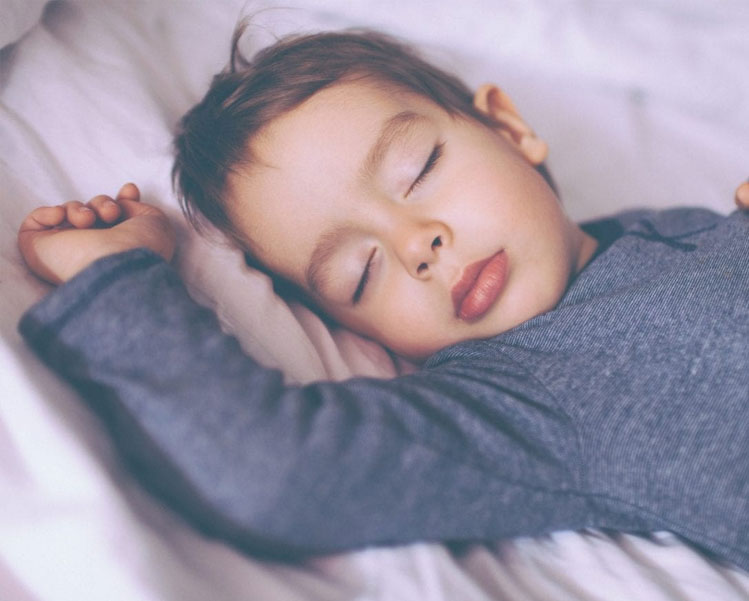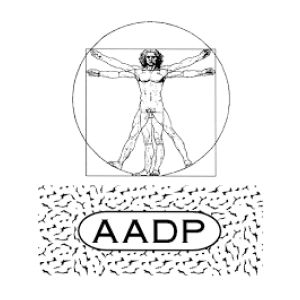Boise Baby Sleep Training Near Me

Frustrated with Bedtime Battles?
Constant rocking, endless lullabies, and still those 2 am wake-up calls. Everyone keeps saying, "Enjoy this precious time!", while you're functioning on fumes and bloodshot eyes.
It's enough to make any Mom or Dad question their sanity! You need a solution fast.
Baby Sleep Training: Your Ticket to Restful Nights
Teach your little one to establish healthy sleep habits with baby sleep training so they can:
- Fall asleep on their own in their crib
- Take consistent naps during the day
- Sleep longer at night
Not Another Cry It Out Method
It's about teaching your baby biologically-based sleep methods to help your baby sleep better, longer, and more independently with expert Katie Bishop. She is a certified sleep specialist in Boise.
Her team can help you virtually and in-person with affordable plans and packages for sleep training or baby sleep shaping.
And let's be honest, a well-rested parent is a more patient parent.
Finally you and your baby get the rest you need

And Not Just For Babies
Sleep Training Toddler to 4 Years Old
Maybe your child slept great as a newborn, but now something changed. As your child grows older it's trying to adapt to:
- Separation Anxiety: The infant has trouble sleeping alone and cries when you leave the room
- Difficulty Falling Asleep: The active child has trouble settling down and falling asleep
- Teething Discomfort: Teething can cause pain leading to special sleep training a 6 month old
- Developmental Milestones: Learning skills like walking or talking demands new sleep training methods
- Nighttime Feedings: The baby still wakes up for feedings, disrupting sleep
We work with children 0 to 4 years old
Child Sleep Consultant
Virtual or In Your Home
Expect methods that match your parenting style and your baby's unique needs– no matter where you are in the US.
A pediatric sleep consultant can travel to your home or hotel and work 1:1 with you. Night nanny or 24/7 care available.
Plus you can choose affordable packages featuring written sleep plans, sleep shaping, phone consultations and or Zoom meetings.
Virtual Baby Sleep Training
Nationwide sleep support for your family. Choose from 2, 3, or 4-week packages, working directly with an experienced pediatric sleep consultant. Includes a customized sleep plan, evaluation of routine, and ongoing support via phone/text.
In-Home Sleep Training
In-home 1:1 sleep support with your sleep coach. Great for families seeking more intensive support or for families facing unique challenges or complex sleep issues. Working 1:1 with our child sleep experts will ensure a smooth transition to independent sleep and better sleep for the whole family.
Generally, travel sleep support is 24/7 for several days to a week or more.
Specialized sleep training for babies and toddlers with effective individualized plans that support the child's biology. Making a real difference in creating a consistent healthy sleep routine, happy child and well rested family.
Who Can Benefit
Everyone can get schedules and guides so your child can finally sleep through the night.
- Mom and Dad
- Grandparents
- Friends or Family
- Babysitter
- Nanny
The key to your success is consistency from all caregivers.
What You Get
Over 250 families love our holistic sleep support because you get:
- Assessment: We evaluate your baby's sleep patterns.
- Plan Creation: We craft a personalized sleep plan.
- Implementation: We guide you through the process.
- Ongoing Support: Continuous support to ensure success.
Our sleep training experts are like fairy godmothers, waving their magic wands (okay, maybe it's more like personalized sleep plans) to help your little one learn the art of self-soothing.
Get proven methods and expert help from a sleep training professional now




